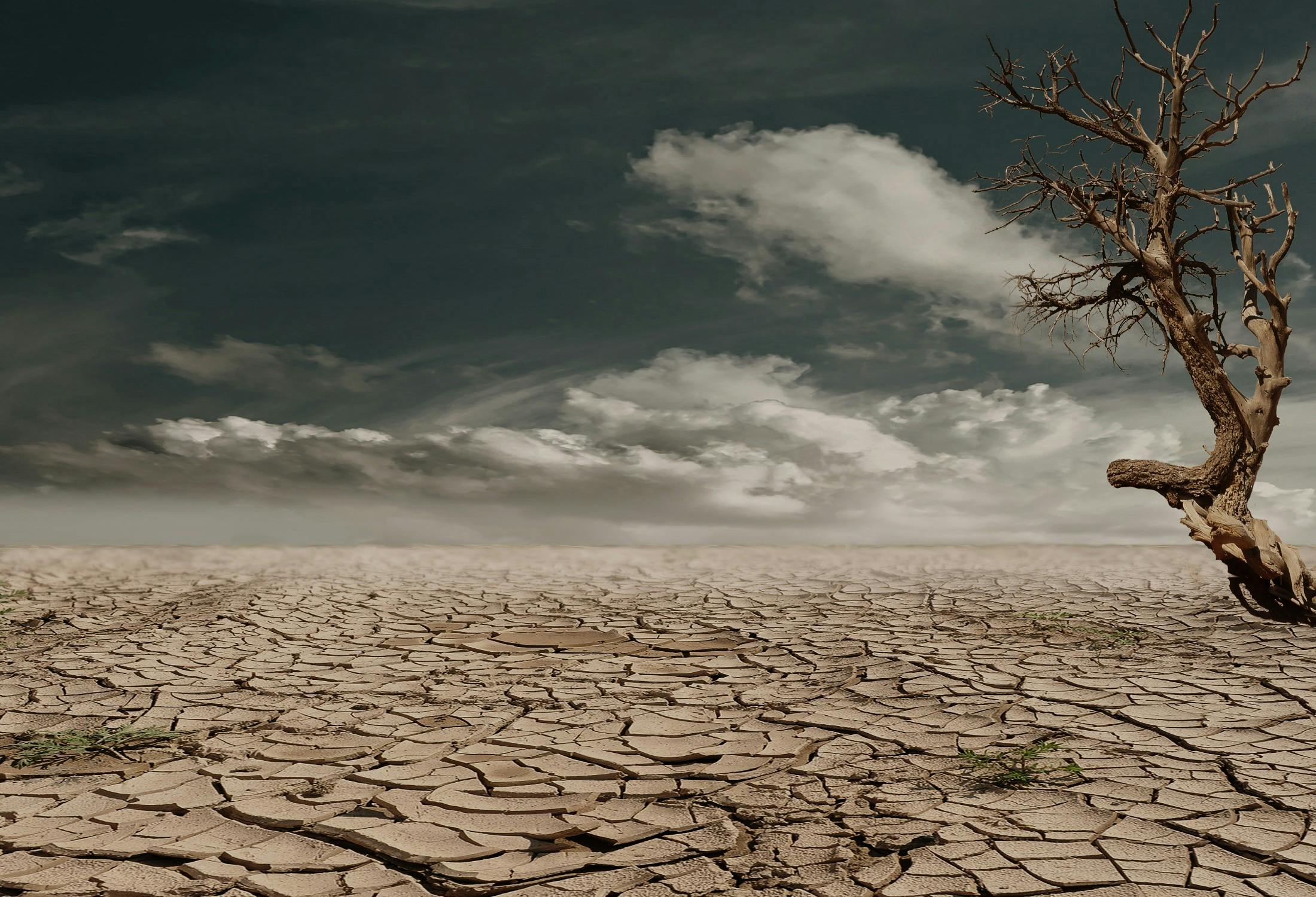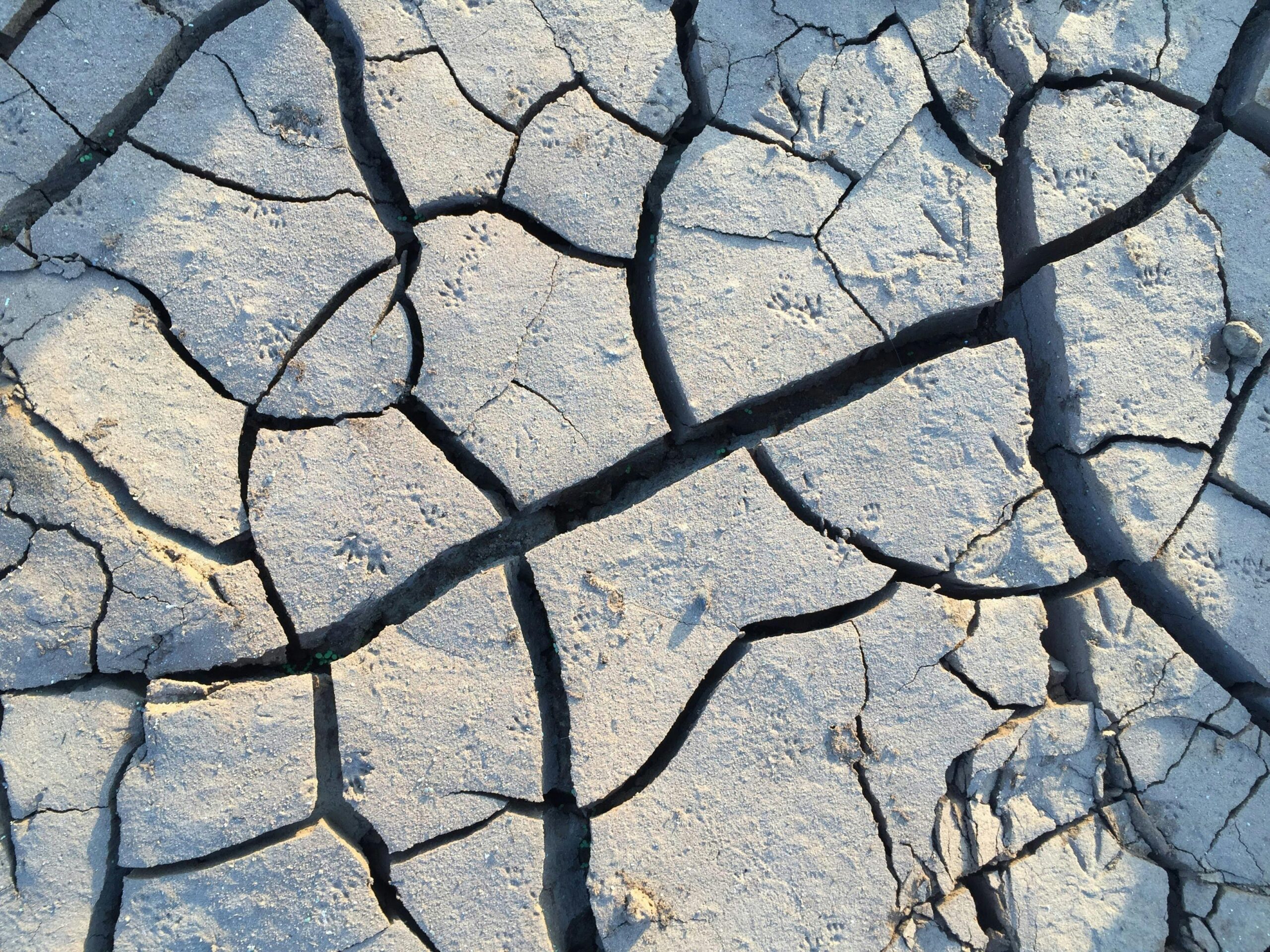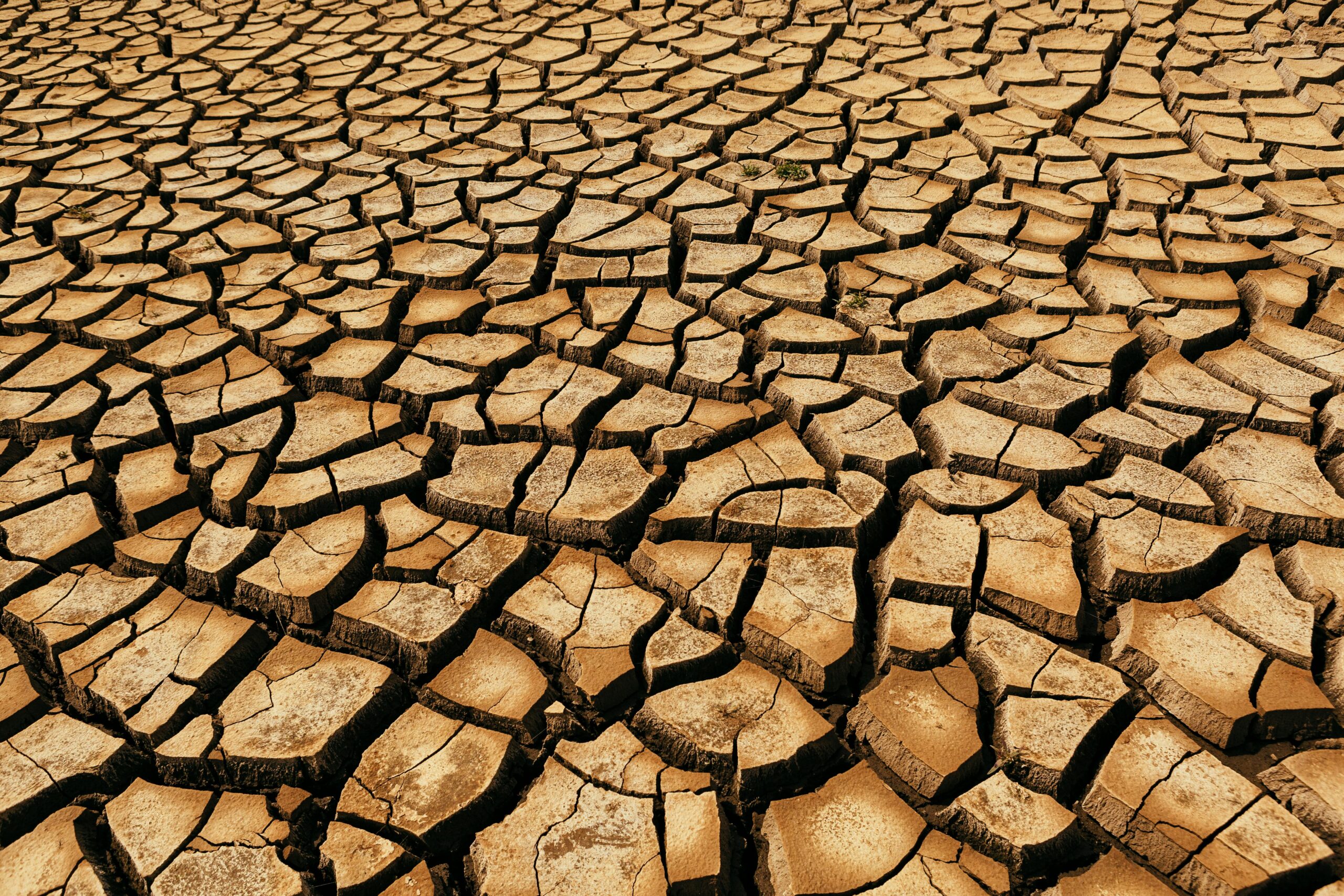Desertification, a process characterized by the degradation of land in arid, semi-arid, and dry sub-humid areas, poses significant health risks to affected populations, particularly in developing regions. Climate-driven desertification exacerbates existing health challenges, influencing both physical and mental well-being. Understanding these health impacts is crucial for developing effective strategies to mitigate the effects of desertification and protect vulnerable communities.
1. Air Quality and Respiratory Health
One of the most immediate health impacts of desertification is the deterioration of air quality. As vegetation cover declines, loose soil and sand become more susceptible to wind erosion, leading to dust storms. These storms can transport fine particulate matter (PM10 and PM2.5) over large distances, resulting in respiratory problems and exacerbating existing conditions such as asthma and chronic obstructive pulmonary disease (COPD)ates that regions experiencing increased desertification face heightened rates of respiratory diseases due to prolonged exposure to dust and airborne pollutants. For instance, a study in the Sahel region of Africa linked rising dust levels to increased respiratory illnesses among local populations .
2. Water Sd Sanitation Issues
Desertification often leads to water scarcity, which poses serious health risks. As the land degrades, the availability of fresh water decreases, leading to inadequate sanitation and hygiene. This scarcity increases the likelihood of waterborne diseases, such as cholera and diarrhea, particularly in vulnerable communities .
In addition, reduced an force communities to rely on unsafe water sources, further increasing the risk of disease transmission. The World Health Organization (WHO) emphasizes that access to clean water and sanitation is essential for public health, and desertification directly undermines these critical resources .
3. Food Insecurity and Malnutrition
ation significantly impacts agricultural productivity, leading to food insecurity and malnutrition. As fertile land becomes barren, crop yields decline, affecting the availability of nutritious food. This situation is particularly dire in regions where communities depend heavily on agriculture for their livelihoods .
Malnutrition resulting from inadequate food suppl of health problems, including stunted growth in children, weakened immune systems, and increased susceptibility to infectious diseases. According to the Food and Agriculture Organization (FAO), millions of people are at risk of hunger and malnutrition due to the impacts of desertification on food systems .
4. Mental Health Challenges
The psychological effects of climatesertification are also significant. Communities affected by desertification may experience anxiety, depression, and stress due to the loss of livelihoods, displacement, and the uncertainty of their future. The trauma of environmental change can lead to a decline in mental health, which is often overlooked in discussions about health impacts .
Studies indicate that the stress associated with living in degraded environmased rates of mental health disorders, particularly in populations already facing socioeconomic challenges. Addressing mental health needs is crucial in developing comprehensive strategies to support communities impacted by desertification .
5. Vector-Borne Diseases
Climate-driven desertification can also influence the distribution orne diseases. Changes in land use and ecosystem degradation can create favorable conditions for the proliferation of disease-carrying vectors, such as mosquitoes. For example, the alteration of habitats due to desertification may facilitate the spread of diseases like malaria and dengue fever .
In regions experiencing desertification, the health systems may already be strained, making it difficult to rising burden of vector-borne diseases. Efforts to combat these diseases must consider the underlying environmental factors contributing to their spread【14†source】.
Conclusion
The health impacts of climate-driven desertification are multifaceted and far-reaching. the consequences of land degradation affect the well-being of millions, particularly in vulnerable communities. Addressing these health impacts requires a holistic approach that integrates environmental management, public health initiatives, and community resilience strategies.
Efforts to combat desertification, improve land management, and promote sustainable agricultural practices are essential not only for environmental restoration but also for protecting human health. As climate change continues to influence desertification, proactive measures must be taken to safeguard the health and livelihoods of affected populations.








Leave a Comment